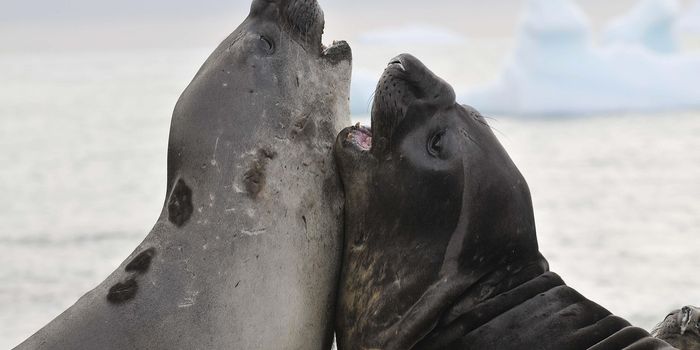Here's Why We Need to Protect Coral Reefs
Coral reefs do all sorts of great things for the environment. Not only do they act as underwater fortresses for smaller wildlife that require shelter from predators, but they also serve as natural barriers against potential disaster by resisting ocean currents during powerful storms.
A significant bleaching event in 2005 cost the Caribbean almost half of its colorful coral reefs, and if that wasn’t alarming enough, scientists are now concerned that rising ocean temperatures linked to climate change could trigger more coral reef losses around the globe.
If the world lost its remaining coral reefs, then the results would be catastrophic. Without their protection, many sea animals would cease to exist. Their disappearance would trigger an imbalance in the underwater ecosystem, potentially impacting seafood markets and global economies, among other things.
Given the circumstances, it seems apparent that we need to prevent coral reefs from dying off, but this is easier said than done. It’s a perpetual challenge that renowned scientists have been working on for ages.








